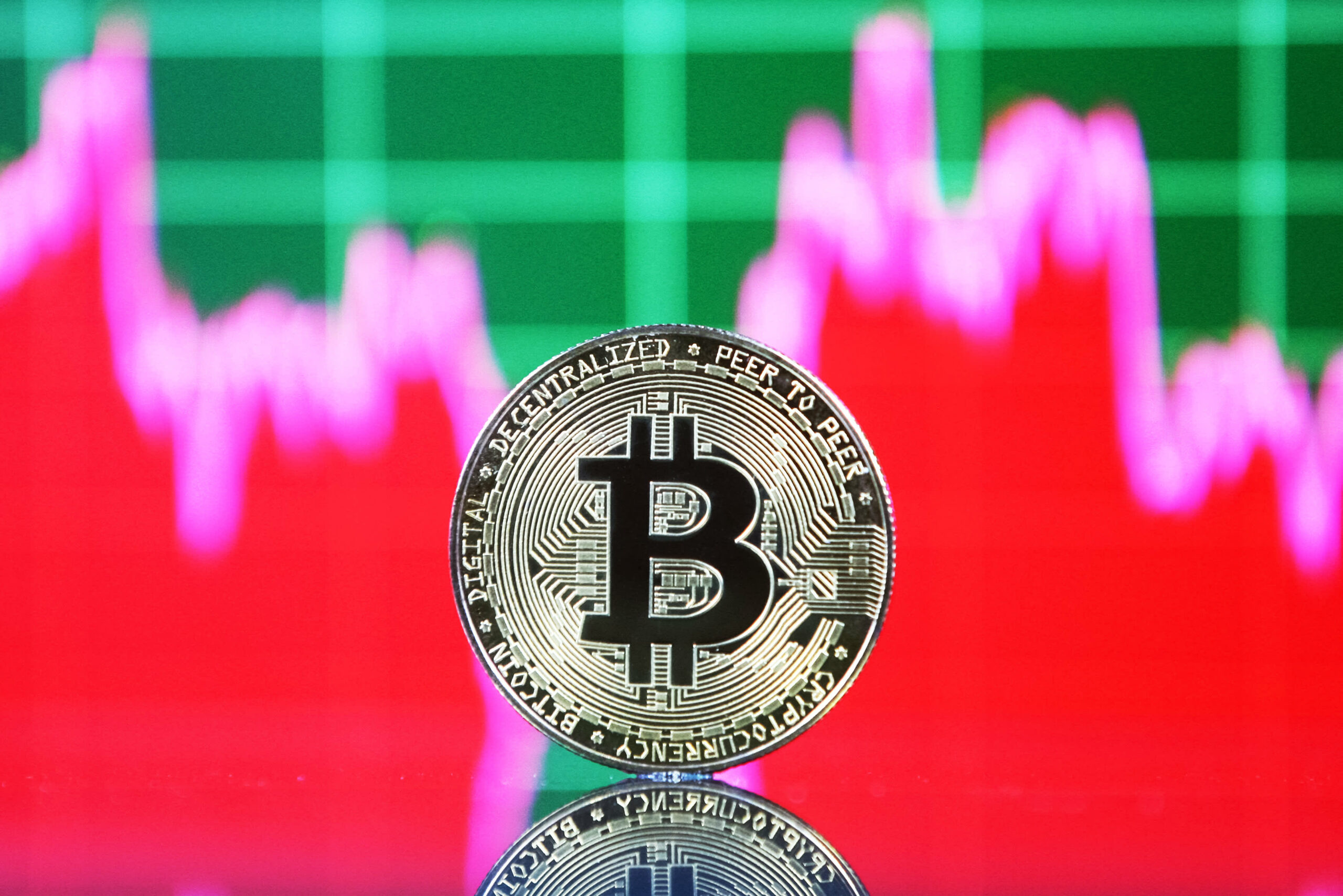
A combination of rising interest rates, delayed Bitcoin ETF approvals, global financial uncertainty, and regulatory pressures are contributing to the recent underperformance of the crypto market.
Over the last week, the cryptocurrency market has witnessed a significant downturn, with the total market capitalization dropping by 10% from August 14 to August 23, hitting its lowest point in over two months at $1.04 trillion. This decline has triggered substantial liquidations on futures contracts, marking the largest such event since the FTX collapse in November 2022.
Several economic factors are behind this downward trend. With interest rates surpassing the 5% threshold and inflation consistently above the 2% target, borrowing costs for households and businesses have risen, putting pressure on consumer spending and economic growth. This financial strain may compel individuals to liquidate investments to cover essential expenses.
Anticipated inflation for 2024 is at 3.6%, and average hourly earnings have grown by 5.5% year-over-year, the highest since 2020. These factors suggest that the Federal Reserve is likely to maintain or even increase interest rates in the coming months. In such a scenario, fixed-income investments become more attractive, posing a challenge to cryptocurrencies.
While inflation has subsided from its peak of 9% and the S&P 500 Index is only 9% below its all-time high, this might indicate a managed economic slowdown orchestrated by the Federal Reserve. This could temporarily undermine Bitcoin’s role as a hedge against prolonged recessions.
Expectations were high for the approval of a Bitcoin exchange-traded fund (ETF) following endorsements from BlackRock and Fidelity. However, these hopes were dashed as the U.S. Securities and Exchange Commission (SEC) repeatedly postponed its decision due to concerns over market manipulation safeguards. Furthermore, substantial trading on unregulated offshore exchanges using stablecoins has raised questions about market authenticity.
Financial challenges within the Digital Currency Group (DCG) have also had a negative impact. One of DCG’s subsidiaries owes over $1.2 billion to the Gemini exchange, and Genesis Global Trading declared bankruptcy due to losses linked to the collapses of Terra and FTX. This situation could lead to forced selling of positions in the Grayscale Bitcoin Trust if DCG fails to meet its obligations.
Regulatory pressures have further compounded market troubles. The SEC has taken legal action against Binance and its CEO, Changpeng “CZ” Zhao, for alleged misleading practices and unregistered exchange operation. Coinbase also faces regulatory scrutiny and a lawsuit regarding the classification of certain cryptocurrencies as securities, underscoring the uncertainty in U.S. securities policies.
Troubling signals from China’s lower growth have emerged, with economists revising down growth forecasts and both imports and exports declining. Foreign investment in China plummeted by more than 80% in the second quarter compared to the previous year. Unpaid bills from Chinese developers totaling $390 billion pose a significant threat to the economy.
Despite the potential for a worsening global economy, prompting interest in Bitcoin due to its scarcity and fixed monetary policy, investors are flocking to the perceived safety of the U.S. dollar. The U.S. Dollar Index (DXY) has surged from its July low to its current level, indicating a flight to stability.
As the crypto market navigates these complex challenges, the interplay of economic factors and regulatory developments will shape its trajectory. This situation prompts questioning not only what led to the recent correction but also whether the mid-July rally was justified.
